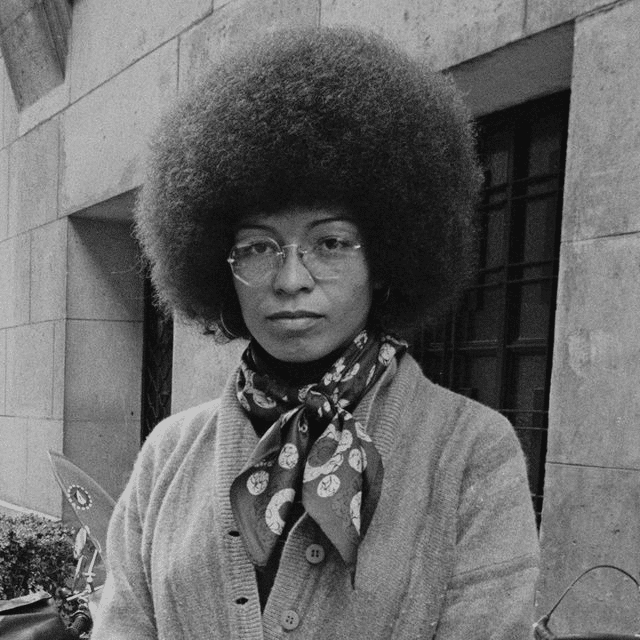While we celebrate Black History Month, it’s important to look back at the pioneers of the civil rights movement and their contributions. Although we always talk about famous names like Rosa Parks and Martin Luther King Jr., many others have played major roles in fighting for equal rights for African Americans. This article is about those lesser-known figures and their impacts. Let’s get into it!
Ralph Abernathy
Martin Luther King Jr. called Ralph Abernathy the best friend he had in the world. Ralph played a major role in the bus boycott in Montgomery, Alabama, from 1955 to 1956. At that time, he was a 29-year-old minister at the First Baptist Church in Montgomery.
Courtesy: bio.Biography.com
As a result of supporting the boycott, his home and church were bombed. As a representative of the Southern Christian Leadership Conference (SCLC), he traveled with MLK and was sent to jail 19 times. After King’s assassination, Abernathy ran the SCLC until 1977.
Everett Leroy Jones
Everett Leroy Jones, born in 1934 during the Great Depression in Newark, New Jersey, changed his name to Ameer Barakat. The new name, which meant ‘Blessed Prince,’ symbolized his spiritual and political transformations. He also became the Malcolm X of literature.
Courtesy: Britannica
He was one of the Black American writers who brought about a second black Renaissance, the Black Arts Movement of the 1960s. He produced essays, fiction, poems, plays, and criticism; his works were based on a quest for African American identity. His “Nation Time” poem also helped organize the 1972 National Black Political Convention.
Angela Davis
Angela Davis was born in Birmingham, Alabama, in 1944. She was educated in New York, Frankfort, Paris, and Boston. She lost her job at the UCLA Philosophy Department for her membership in the Communist Party.
Courtesy: bio.Biography.com
The publicity she got when she was fired made the Soledad Brothers– three Black American prisoners accused of killing a white guard at the Soledad prison– aware of her. She became a fugitive when the courthouse was attacked while working on the Soledad brothers’ case. After being acquitted, she continued teaching and working on prison reform.
Fannie Lou Hamer
As the youngest of 20 kids born to sharecropper parents, Fannie Lou Hamer was a slave and a sharecropper. Without her knowledge, she was sterilized as part of Mississippi’s strategies of reducing the poor black population in 1961. In 1962, she was arrested for trying to register as a voter.
Courtesy: Britannica
The cost of her activism included beating, eviction, and jailing– suffering partial blindness and kidney damage. As the vice chairman of the Mississippi Freedom Democratic Party, she led the attempt to unseat the all-white Mississippi delegation at the 1964 convention. Although it wasn’t successful, she continued fighting racism for the rest of her life.
Claudette Colvin
While we all remember Rosa Parks for refusing to give up her seat on the Montgomery bus, Claudette Colvin, who was a teenager at that time, did it about nine months earlier. Claudette was born in 1939, and she learned about the sufferings of Black American fighters in high school.
Courtesy: National Today
On March 2, 1955, she and three other Black students were asked to give up their seats for a white woman, and she refused because, according to her, her head ‘was full of Black history.’ She was arrested and placed on indefinite probation. She later joined other women like Susie McDonald as plaintiffs in Browder v. Gayle, the case that ended Alabama bus segregation.







